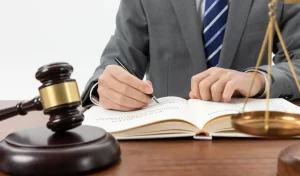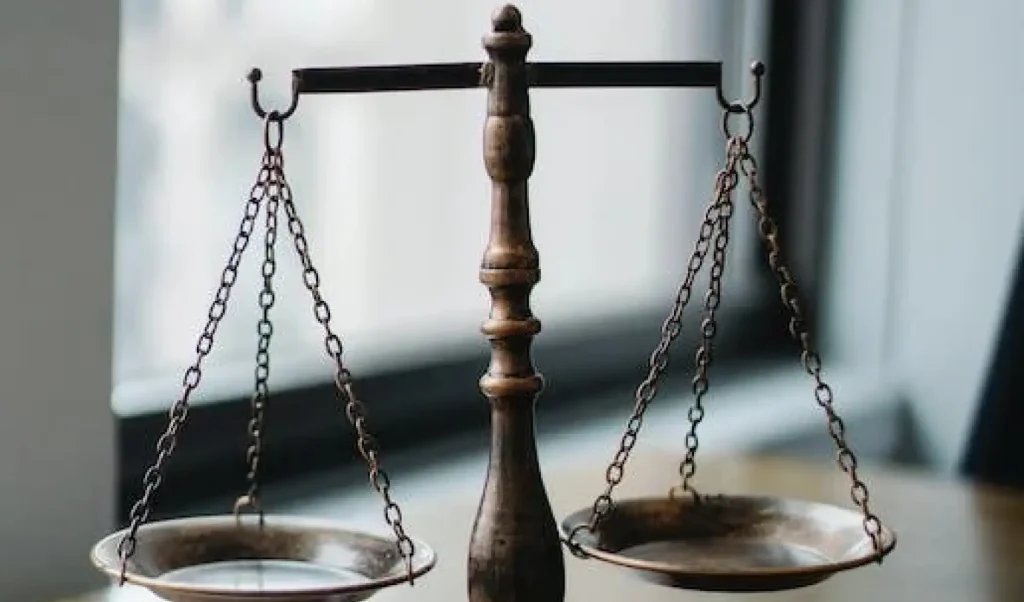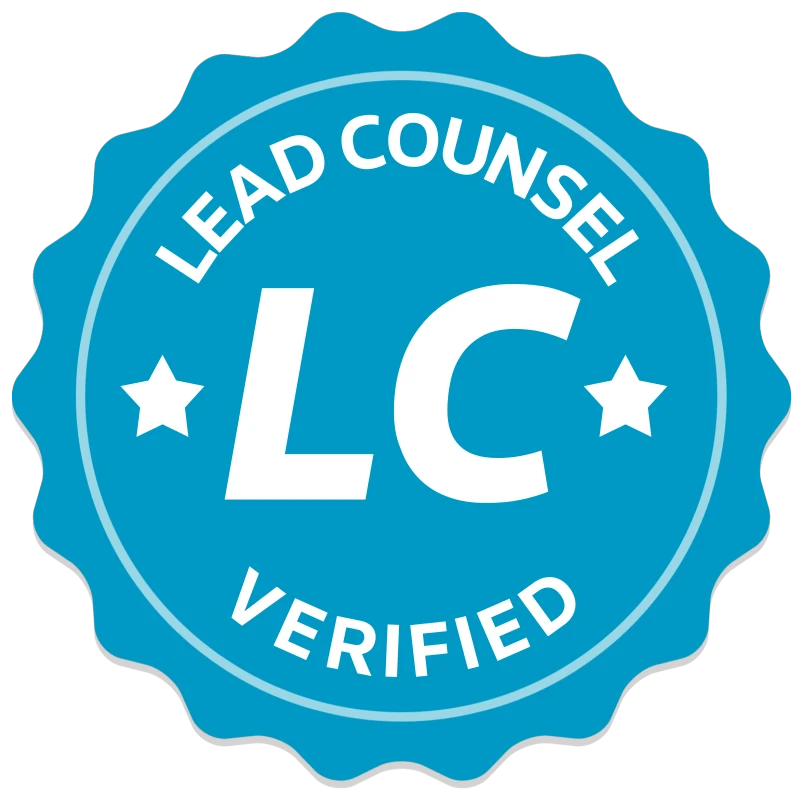
Personal injury lawsuits can be complex legal processes that often require a significant amount of time to reach a resolution. Understanding the timeline of such lawsuits is crucial for anyone involved in a personal injury case. In this article, we’ll explore the various stages that contribute to the duration of a personal injury lawsuit and provide insights into expediting the process when possible.

Factors Affecting the Duration of a Personal Injury Case
The duration of a personal injury lawsuit can vary significantly depending on the circumstances. When an injured person decides to sue, whether it’s due to medical malpractice or a car accident, several factors come into play. The timeline can be influenced by the complexity of the case, the willingness of both the defendant and the plaintiff to negotiate or settle, and the legal procedures involved.
In some instances, cases are resolved relatively quickly through negotiation, while others may take several months or even years to reach a conclusion, especially if they proceed to trial. Ultimately, the length of a personal injury lawsuit is contingent on the unique details and dynamics of each case.
Several factors can influence how long a personal injury lawsuit takes to reach a conclusion. These include:
- Complexity of the Case: More complex cases with multiple parties or intricate legal issues can extend the timeline.
- Severity of Injuries: The extent of accident or injuries sustained plays a role. Severe injuries often lead to longer legal battles.
- Willingness to Settle: Parties willing to negotiate and settle may resolve their cases faster than those who insist on going to trial.
- Legal Process: The specific legal process in your jurisdiction can impact the timeline.
On average, personal injury lawsuits can take anywhere from several months to several years to reach a resolution, depending on the factors mentioned earlier and the specific circumstances of the case.
For a free legal consultation, call 404-951-3513
Pre-filing Stage
Before you file a lawsuit in court, there are often negotiations and attempts to settle the matter outside of court. These early discussions and personal injury settlements can significantly impact the case’s timeline.

File a Personal Injury Lawsuit
When negotiations fail, the next step is filing a lawsuit. This marks the formal beginning of the legal process and sets the stage for further proceedings.
Click to contact our personal injury lawyers today
Discovery Phase of a Personal Injury Lawsuit
The discovery phase involves the exchange of information and evidence between the parties involved. This phase can be time-consuming as both sides gather and present their case.
Complete a Free Case Evaluation form now
Mediation and Settlement Attempts for Personal Injury Claim
In some cases, parties may opt for mediation or settlement talks even after a lawsuit is filed. Resolving the case in this manner can be faster and less adversarial than going to trial.
Trial Stage
If a settlement cannot be reached, the case proceeds to trial. This stage can be one of the most time-consuming, involving hearings, presentations of evidence, and witness testimonies.
Post-Trial Proceedings
After a trial concludes, there may still be post-trial motions and potential appeals, further extending the process.

Tips for Expediting the Process in a Typical Personal Injury Case
While personal injury lawsuits can be lengthy, there are ways to expedite the process:
- Prompt Legal Action: Seek legal counsel promptly after an injury to ensure timely initiation of the legal process.
- Effective Communication: Maintain open communication with your personal injury attorney and be responsive to requests for information or documentation.
- Consider Settlement: If a fair settlement offer is made, carefully evaluate it with the law firm to avoid unnecessary delays and costs.
- Choose Experienced Legal Representation: Find a lawyer who can navigate the process efficiently is crucial.
Importance of Legal Representation: Why to Hire a Personal Injury Lawyer?
There are several reasons to hire a personal injury lawyer if you have been injured due to someone else’s negligence. Here are some of the main reasons:
1. Legal expertise: Personal injury lawyers specialize in handling cases related to accidents and injuries. They have a deep understanding of personal injury laws, rules, and regulations, which allows them to navigate the legal process smoothly and efficiently.
2. Maximize compensation: Personal injury lawyers are experienced in negotiating with insurance companies and handling settlements. They know how to ensure you receive the maximum compensation you deserve for your injuries, including medical expenses, lost wages, pain and suffering, and more.
3. Investigation and evidence gathering: Personal injury lawyers have the resources to conduct a thorough investigation of your case. They can gather evidence such as medical records, accident reports, witness statements, and other documentation to support your claim.
4. Objectivity: Dealing with a personal injury can be emotionally overwhelming, and it may be difficult to make rational decisions about your case. A personal injury lawyer can provide objective advice and guide you through the legal process, ensuring your best interests are protected.
5. Trial representation: If your case goes to trial, having a personal injury lawyer by your side is crucial. They will advocate for you in court, present your case effectively, cross-examine witnesses, and handle all legal aspects, allowing you to focus on your recovery.
6. Contingency fee: Most personal injury lawyers work on a contingency fee basis, which means they only get paid if they win your case or secure a settlement on your behalf. This arrangement eliminates any upfront costs and ensures your lawyer is motivated to secure the best possible outcome for you.
Overall, hiring a personal injury lawyer can greatly increase your chances of a successful claim and enable you to focus on your recovery while they handle the legal complexities of your case.

Statute of Limitations
The Statute of Limitations in a personal injury case refers to the time period within which a victim must file a lawsuit. This law is designed to encourage the timely resolution of legal disputes and prevents individuals from waiting too long to seek compensation for their injuries.
The time limit for filing a personal injury claim varies from state to state and depends on the type of injury and the circumstances surrounding the case. Generally, the statute of limitations begins to run from the date of the incident or when the injury was discovered. If the victim fails to file a lawsuit within the specified time period, they may lose their right to seek legal redress. It is important for personal injury victims to understand the statute of limitations in their jurisdiction to ensure their rights are protected.
Emotional and Financial Impact
The length of a personal injury lawsuit can take a toll on your emotions and finances. It’s essential to prepare for both the emotional challenges and potential financial strain.
Conclusion
In conclusion, the duration of a personal injury lawsuit can vary widely based on several factors. While these cases can be time-consuming, having the right legal representation and a willingness to explore settlement options can help expedite the process. Remember, patience is key, and with the guidance of an experienced attorney, you can navigate this challenging journey.
FAQs
- How long does the average personal injury lawsuit take?
The average duration can range from several months to several years, depending on various factors.
- Can I speed up the process of a personal injury lawsuit?
Yes, prompt legal action, effective communication, and considering settlement can help expedite the process.
- What happens if a settlement cannot be reached?
If a settlement cannot be reached, the case may proceed to trial.
- Is it essential to have an attorney for a personal injury lawsuit?
Yes, having legal representation is crucial to navigate the complex legal process effectively.
- How can I prepare for the emotional and financial impact of a lengthy lawsuit?
Seek emotional support and discuss financial strategies with your attorney.
Call or text 404-951-3513 or complete a Free Case Evaluation form









